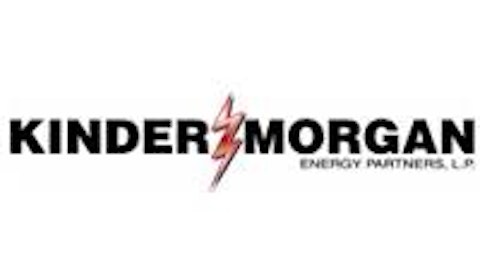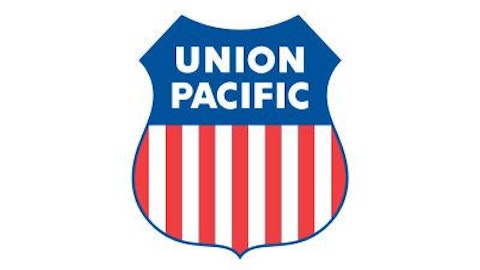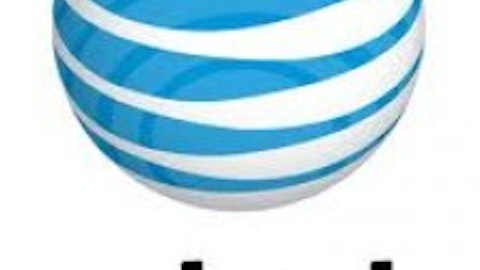Joining Standard Oil allowed the rebranded Standard Oil of California to thrive again. In 1910, the company’s abandoned drilling efforts resumed in a big way when it struck a massive oil deposit in Kern County, Calif. A year later, Standard Oil was broken up, but Chevron continued to grow. In 1924, it became the first “baby Standard” to join the Dow, and it held on to this position until 1999, when it was removed in favor of the aforementioned tech companies. Along the way, it bought into two major industry developments. The first modern gas station was opened by Gulf Oil in Pittsburgh in 1913, and Chevron later acquired this company in 1985 in what was then one of the largest mergers in history. Chevron also acquired Texaco, the first major oil company to capitalize on the legendary Spindletop gusher in Texas. Today, it’s the second-largest of the Baby Standards next to Exxon Mobil Corporation (NYSE:XOM), and it’s one of the largest oil companies in the world by both market capitalization and daily oil-production volume.
So long, HD DVD
On Feb. 19, 2008, Toshiba finally discontinued its support of HD DVDs. This brought the eight-year high-definition format war to a close, and Sony‘s Blu-ray discs came out as the victor. It was a particularly satisfying victory for Sony after its crushing defeat in the earlier videotape war, during which it backed the losing Betamax format. Sony’s decision to include a Blu-ray player in its PlayStation 3 console helped spur adoption, but Blu-ray had a wider base of corporate support from the beginning. When Time Warner Inc. (NYSE:TWX)‘s Warner Brothers decided to drop HD DVDs in January of 2008, just before CES, it sounded the death knell for the format.
The Blu-ray format continues to displace standard DVDs. Despite the popularity of digital video, an estimated 400 million Blu-rays are expected to sell in 2013.
Happy birthday, Kellogg’s
Chevron isn’t the only major dividend stalwart with origins on Feb. 19. Kellogg Company (NYSE:K)’s was originally founded on Feb. 19, 1906 as the Battle Creek Toasted Corn Flake Company. It is one of the few companies that can claim to have been born in a sanitarium — something one usually hears of only in horror films.
The Battle Creek Sanitarium in Michigan was run by Dr. John Harvey Kellogg beginning in 1876. The young doctor, a Seventh-Day Adventist, practiced vegetarianism and promoted dietary remedies for the clinically insane. Among these remedies, of course, were corn flakes, the result of attempting to roll stale cooked wheat into flat sheets. It turned out to be popular with patients, who were typically fed the dullest food possible as a method of treatment. Corn flakes were patented in 1896, and Will Keith Kellogg, John’s brother, founded the company a decade later to bring corn flakes to a mass audience. His addition of sugar to the corn flakes angered Dr. Kellogg, and the brothers suffered a rift in their relationship as a result. The company was renamed Kellogg’s in 1922.
Today, thanks to its 2012 acquisition of Pringles, Kellogg’s is not only the most notable breakfast purveyor in the world, but also the second-largest snack-food company in the world. Dr. Kellogg would not have approved, but it’s a good thing his brother thought taste should matter.





